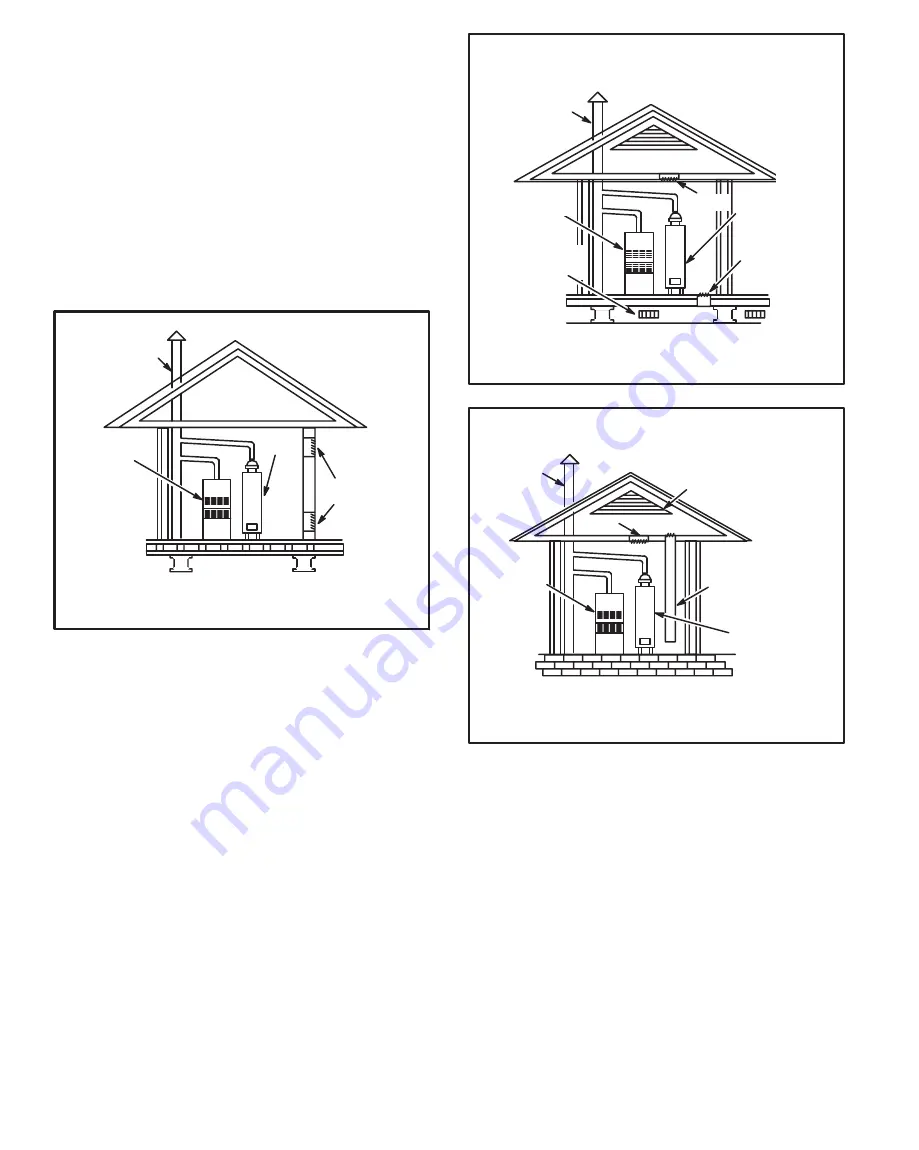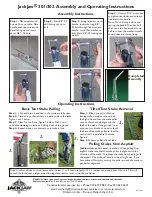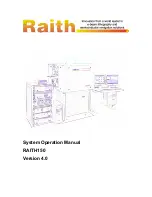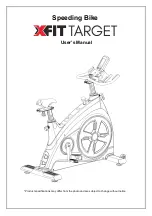
Page 10
or at the return air duct connection can cause a potentially
dangerous negative pressure condition. Air for combustion
and ventilation can be brought into the confined space ei-
ther from inside the building or from outside.
Air from an Adjacent Space
If the confined space housing the furnace adjoins space
categorized as unconfined, air can be brought in by provid-
ing two permanent openings between the two spaces.
Each opening must have a minimum free area of 1 square
inch
(6.4 square centimeters) per 1,000 Btu (293 W) per
hour of the total input rating of all fuel-fired equipment in the
confined space. Each opening must be at least 100 square
inches (614.5 square centimeters). One opening shall be
within 12" (305 mm) of the top of the enclosure and one
opening within 12" (305 mm) of the bottom (See figure 10).
Equipment In Confined Space
All Air From Inside
CHIMNEY OR
OIL VENT
WATER
HEATER
OPENINGS
(To Adjacent Room)
Figure 10
NOTE Each opening shall have a free area of at least 1 square inch
(6.4 square centimeters) per 1,000 Btu (293 W) per hour of the total
input rating of all equipment in the enclosure, but not less than 100
square inches
(614.5 square centimeters).
OIL
FURNACE
Air from Outside
If air from outside is brought in for combustion and ventila-
tion, the confined space shall be provided with two perma-
nent openings. One opening shall be within 12" (305 mm)
of the top of the enclosure and one within 12" (305 mm) of
the bottom. These openings must communicate directly or
by ducts with the outdoors or spaces (crawl or attic) that
freely communicate with the outdoors or indirectly through
vertical ducts. Each opening shall have a minimum free
area of 1 square inch (6.4 square centimeters) per 4,000
Btu (1172 W) per hour of total input rating of all equipment
in the enclosure (See figures 11 and 12). When communi-
cating with the outdoors through horizontal ducts, each
opening shall have a minimum free area of 1 square inch
(6.4 square centimeters) per 2,000 Btu (586 W) per total in-
put rating of all equipment in the enclosure (See figure 13).
Equipment In Confined Space
All Air From Outsid
e
(Inlet Air from Crawl Space and
Outlet Air to Ventilated Attic)
NOTE The inlet and outlet air openings shall each have a free area of
at least one square inch (6.4 square centimeters) per 4,000 Btu (1172
W) per hour of the total input rating of all equipment in the enclosure.
VENTILATION LOUVERS
(Each end of attic)
OUTLET
AIR
WATER
HEATER
INLET
AIR
CHIMNEY
OR OIL
VENT
VENTILATION
LOUVERS
(For unheated
crawl space)
Figure 11
OIL
FURNACE
Equipment In Confined Space
All Air From Outside
(All Air Through Ventilated Attic)
NOTE The inlet and outlet air openings shall each have a free area of at
least one square inch (6.4 square centimeters) per 4,000 Btu (1172 W)
per hour of the total input rating of all equipment in the enclosure.
CHIMNEY
OR OIL
VENT
WATER
HEATER
OUTLET
AIR
VENTILATION LOUVERS
(Each end of attic)
INLET AIR
(Ends 12" above
bottom)
Figure 12
OIL
FURNACE











































